Tequila: Important Facts, Health Benefits, and Recipes
Explore the world of tequila with our ultimate guide, covering its history, health benefits, types, and culinary uses, helping you enjoy this unique spirit responsibly.
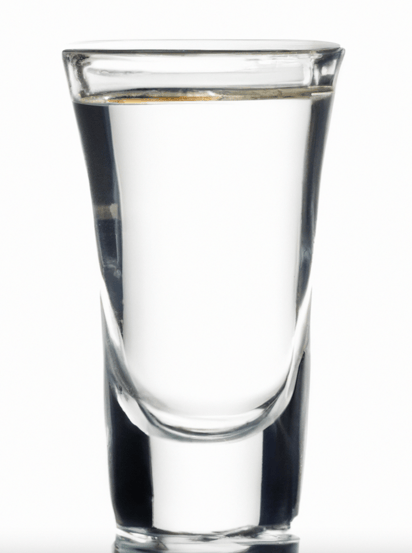
Nutritional Facts
1 fl oz
Amount per serving
Calories
64.2
Carbohydrates
0 g
Fat
0 g
Protein
0 g
Saturated Fat
0 g
Sodium
0.3 mg
Fiber
0 g
Sugar
0 g
Best Tequila Recipes
-
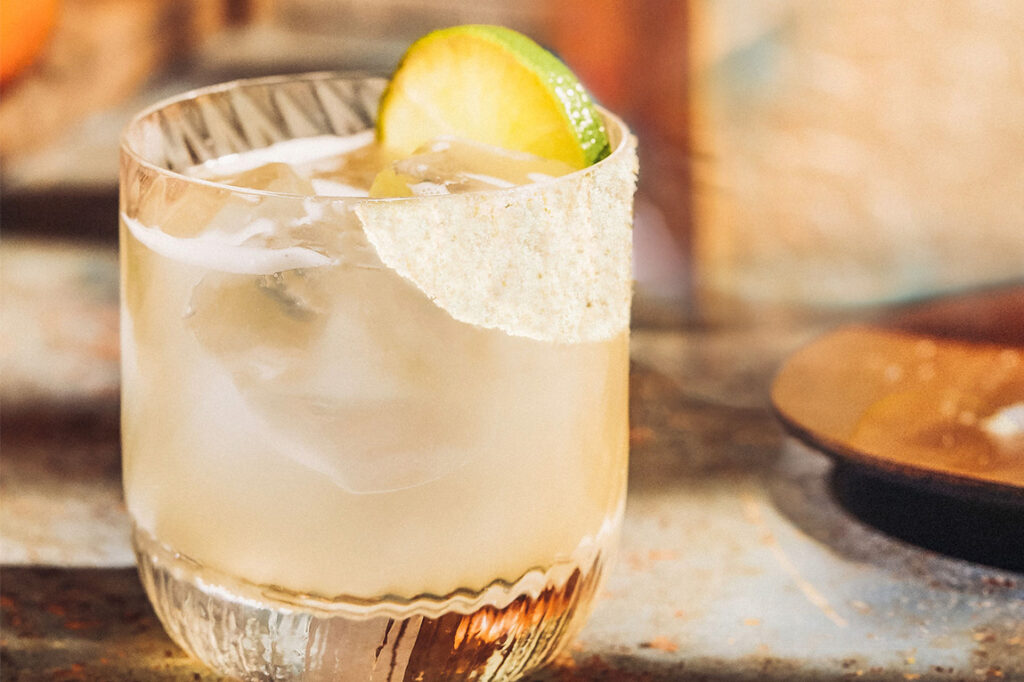
-

-

-
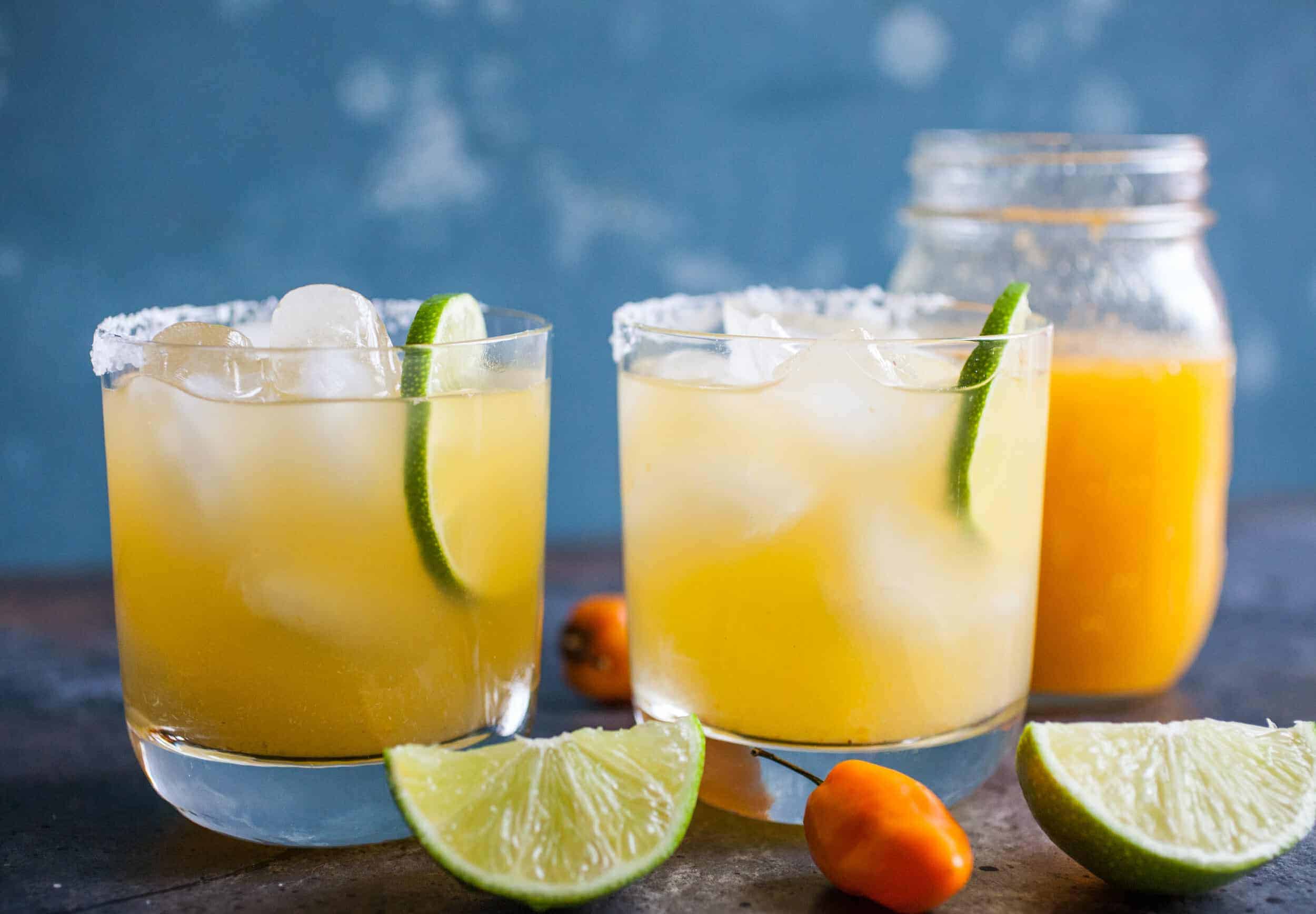
-

-
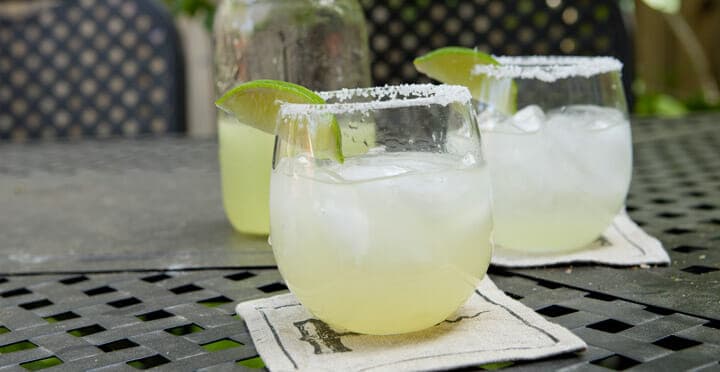
-
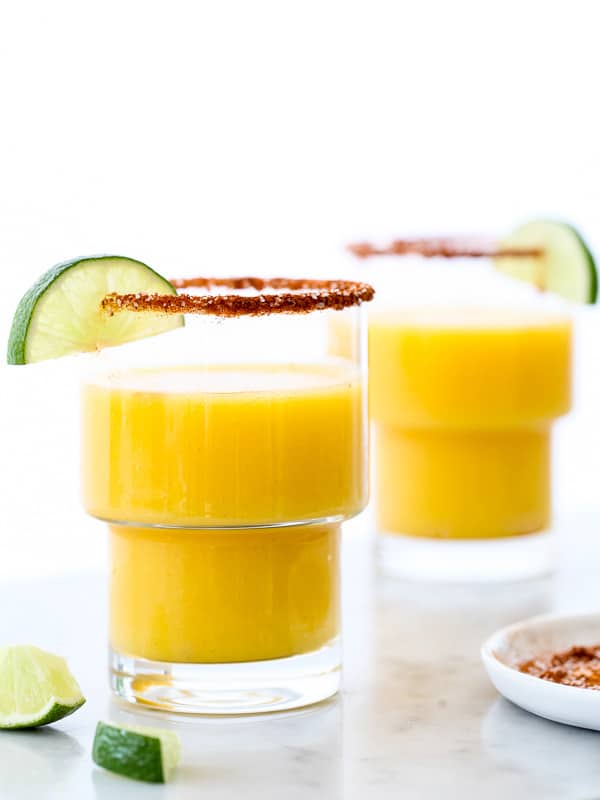
-
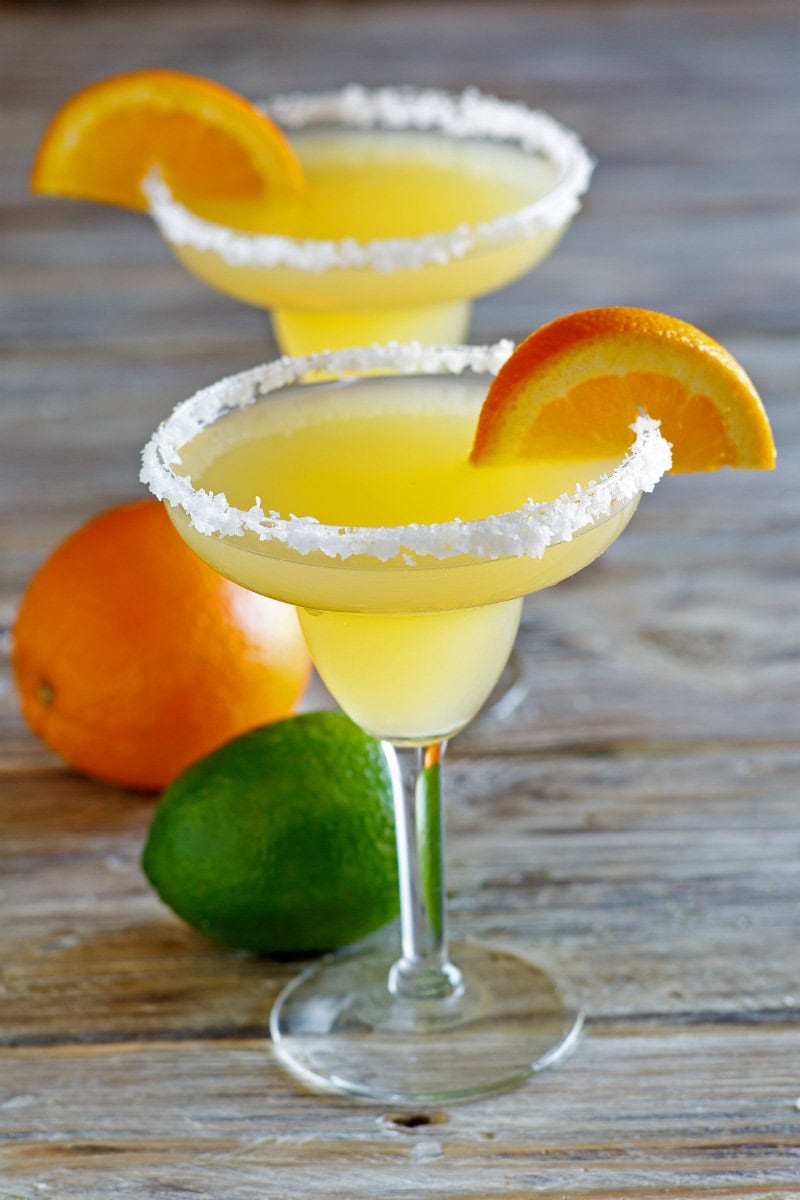
-
![Strawberry Margaritas Recipe Image]()
-
![Paloma Cocktail Image]()
-
![Margarita Cupcakes Image]()
-
![Tequila Almond Chicken Image]()
-
![Margarita Fruit Dip Image]()
-
![Chicken Breasts with Pineapple Tequila Marinade Image]()
-
![Margarita Cake Image]()
-
![Tequila Lime Shrimp Image]()
-
![Watermelon- Mango Margaritas Image]()
-
![Strawberry Beer Margaritas Recipe Image]()
-
![Very Berry Margarita Spritzer Image]()
-
![Frozen Paloma Cocktails Image]()
-
![The Green Gargoyle Image]()
-
![Spicy Shrimp Tacos Image]()
-
![Mini Margarita Cheesecakes Image]()
-
![Sangrita Cocktail Image]()
-
![Pineapple Margaritas Image]()
-
![Tropical Margaritas Image]()
-
![Italian Margarita Image]()
-
![Chipotle Grapefruit Margaritas Image]()
-
![Watermelon Mint Margaritas Image]()
-
![Tequila Soaked Watermelon Wedges Image]()
-
![Mexican Sea Breeze Cocktail Image]()
-
![Margarita Shrimp Tostadas Image]()
-
![Enjoy the Refreshing Long Beach Tea Cocktail Recipe Image]()
-
![Bloody Maria Tequila Cocktail Recipe Image]()
-
![Hpnotiq Margarita Recipe Image]()
-
![The Perfect Fresh Margarita Recipe Image]()
-
![Frozen Strawberry Margarita Recipe Image]()
-
![Tequila Sunrise Cocktail Recipes Image]()
-
![The Easy Cantarito Cocktail Recipe With Tequila Image]()
-
![The Easiest Blue Margarita Recipe With Blue Curacao Image]()
-
![Cranberry Margaritas Image]()
-
![BBQ Pulled Chicken Sopes Recipe Image]()
-
![Cactus and Corn Salsa Recipe, Nopales Salsa Image]()
-
![Create a Tequila Slammer Shot for Your Next Party Image]()
-
![Frozen Tequila Sunrise Margarita Recipe Image]()
-
![Mango Sorbet Recipe Image]()
-
![Fabulous Peach Margarita Recipe Image]()
-
![Beergaritas Recipe Image]()


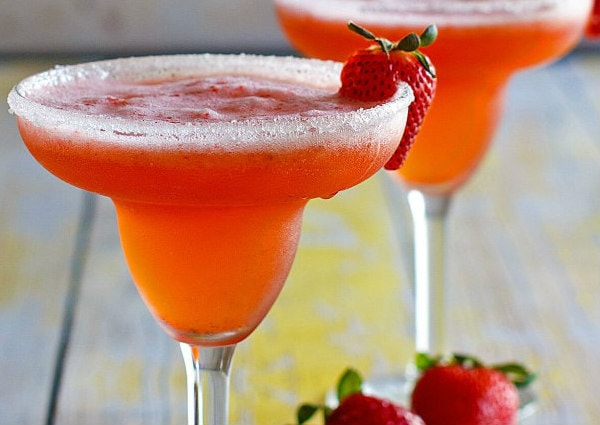

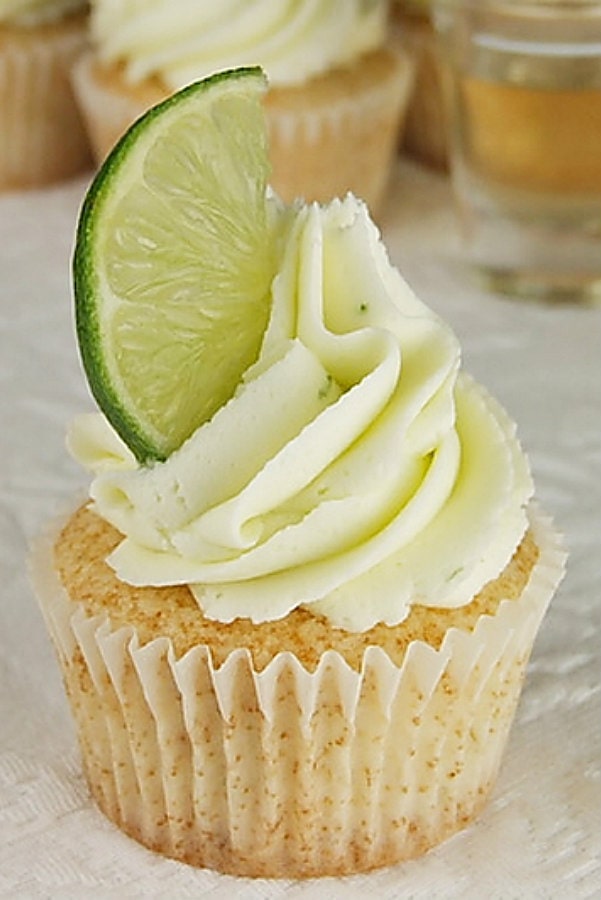



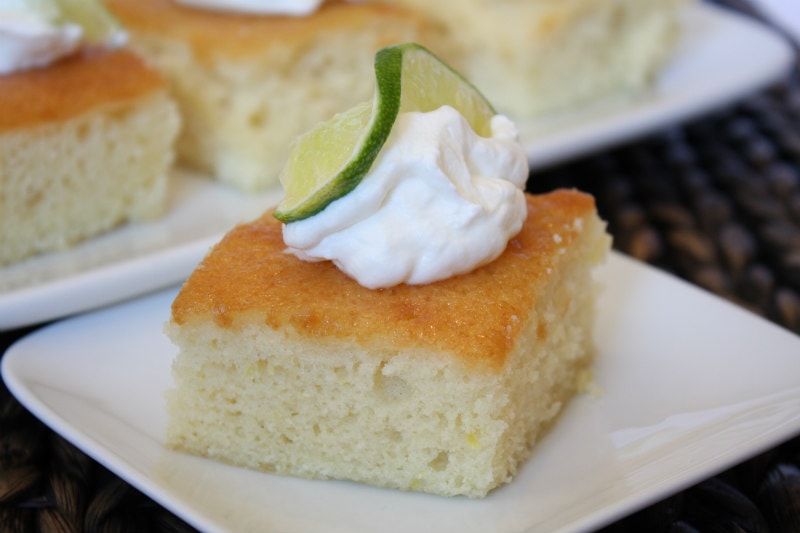
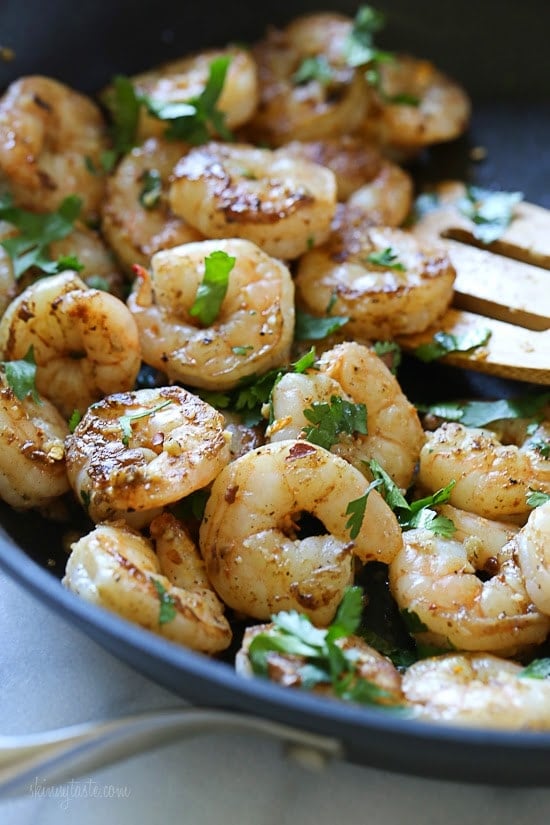
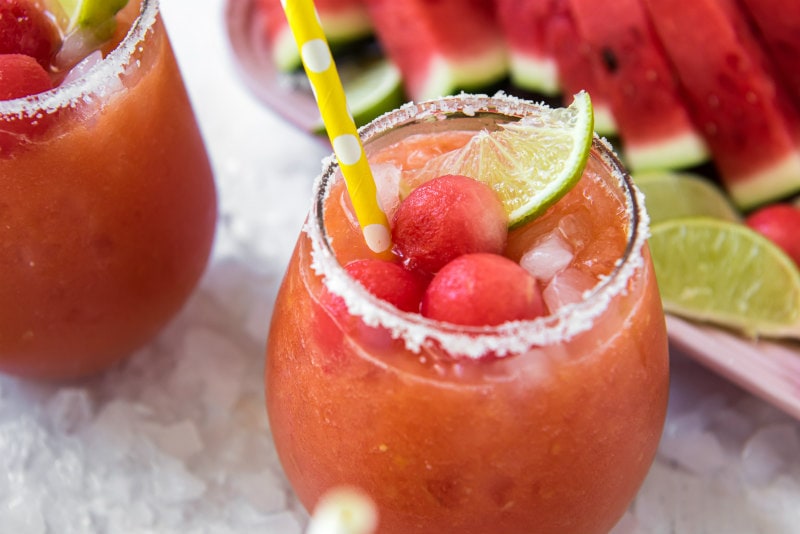
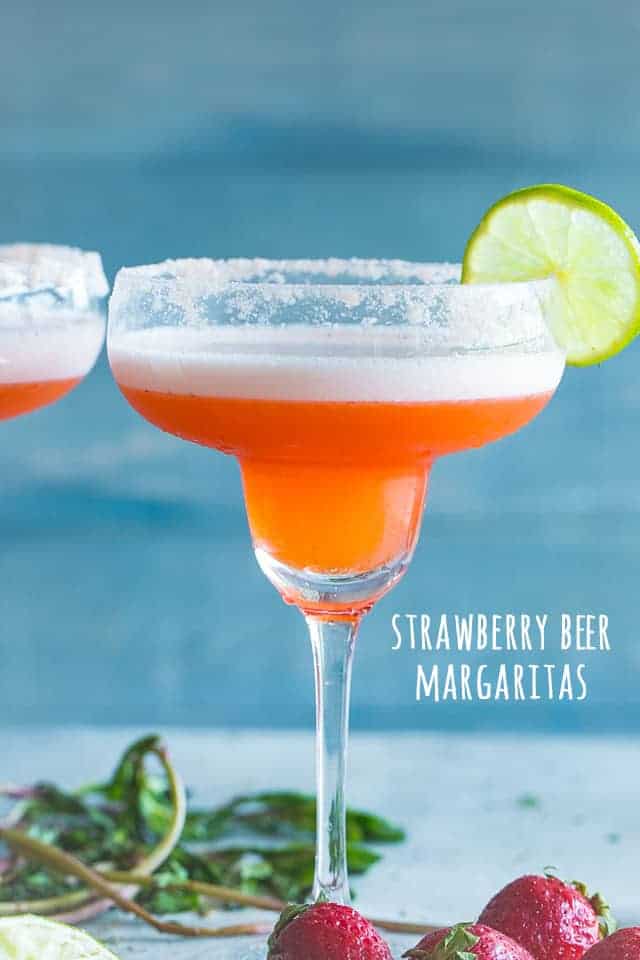
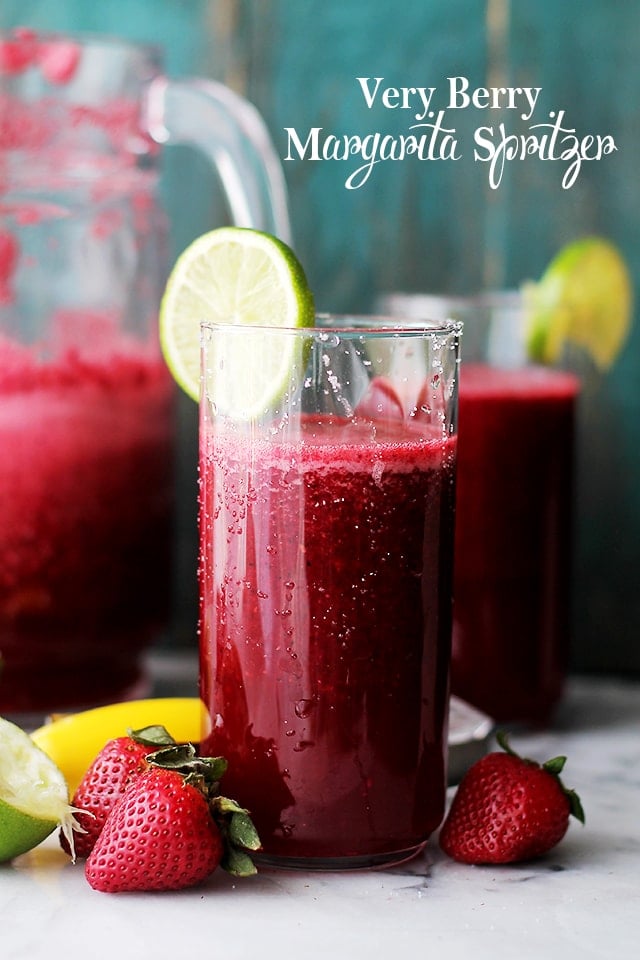




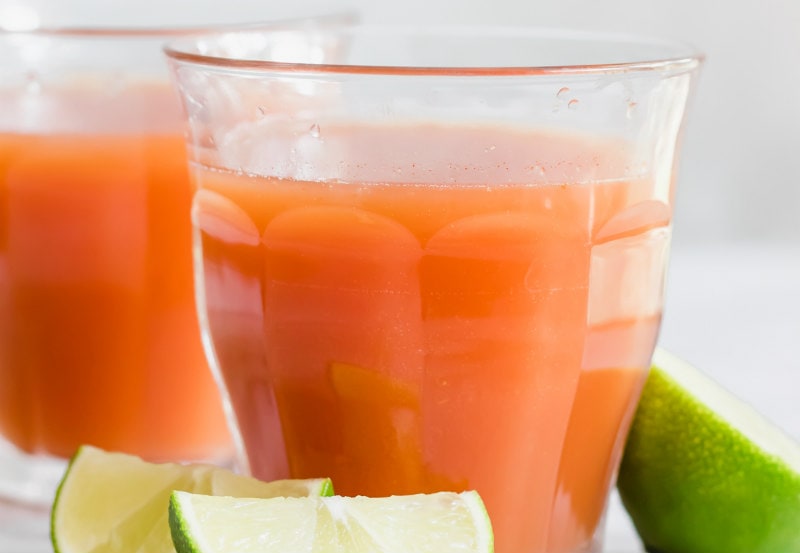

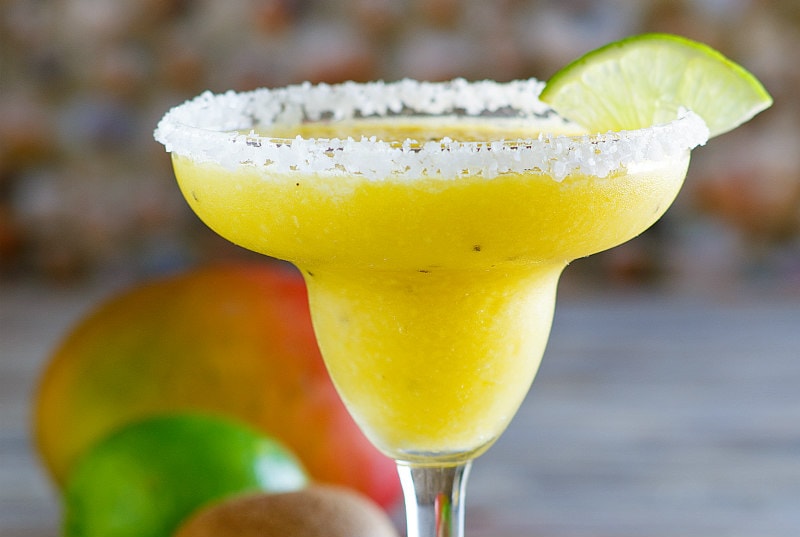
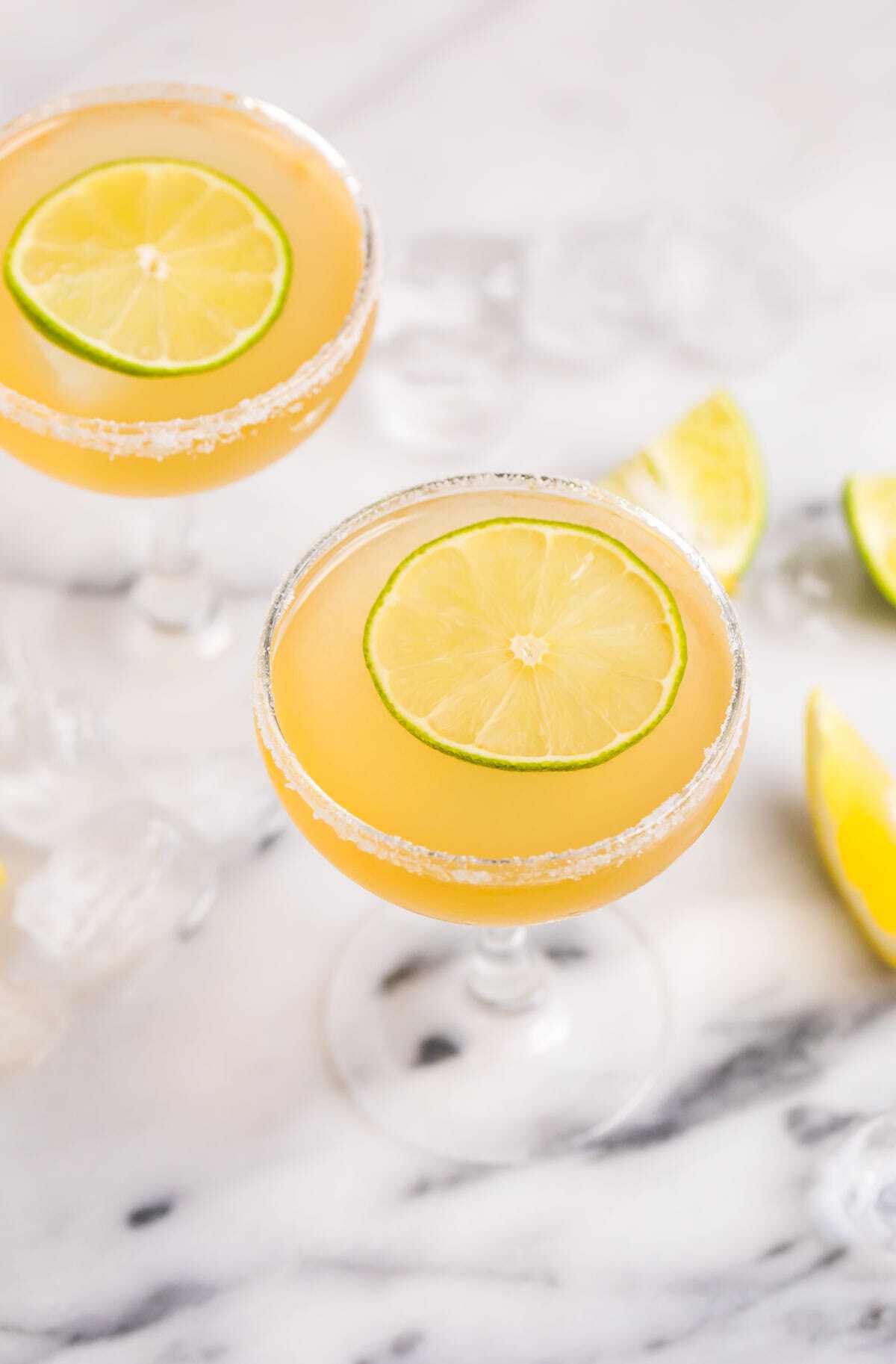

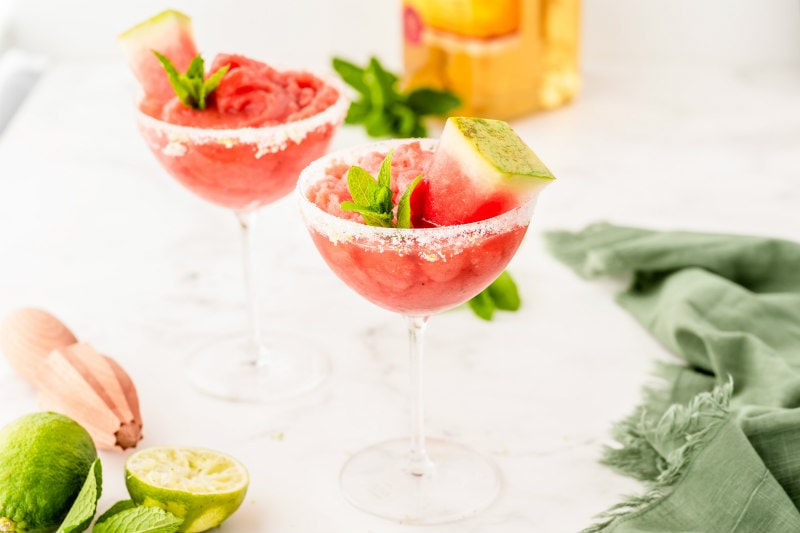
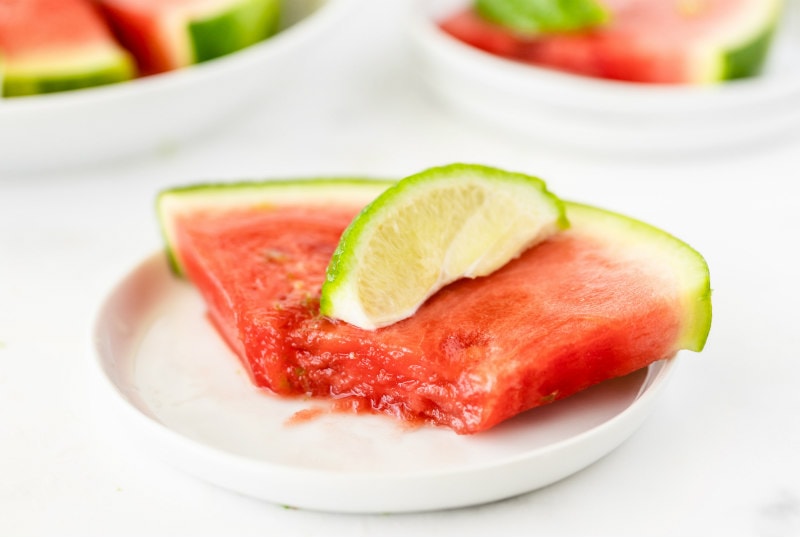
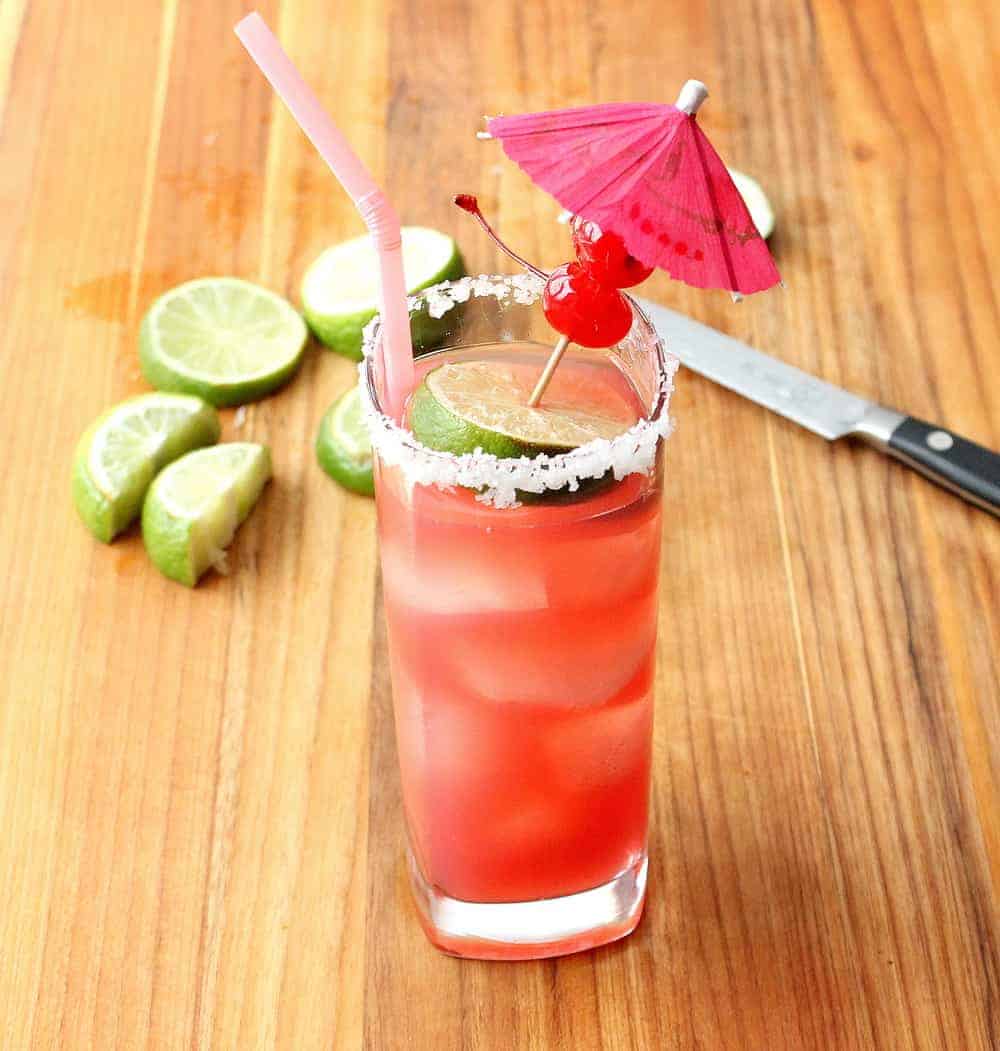

:max_bytes(150000):strip_icc()/long-island-ice-tea-with-cranberry-761100-hero-02-5bd9bb4746e0fb002d310db0.jpg)
:max_bytes(150000):strip_icc()/bloody-maria-tequila-760802-hero-5-2716580bcce24d80975e915abd324105.jpg)
:max_bytes(150000):strip_icc()/hpnotiq-margarita-recipe-760829-hero-images-06_crop-b61b13fb210b4f31884d093ef88c76e5.jpg)
:max_bytes(150000):strip_icc()/SES-fresh-margarita-cocktail-recipe-759317-HERO-3cf566b4a4084aedb904cf18ad3c6c35.jpg)
:max_bytes(150000):strip_icc()/frozen-strawberry-margarita-recipe-760871-002-075a5c06a6e646739171a638d74c408c.jpg)
:max_bytes(150000):strip_icc()/tequila-sunrise-recipe-760754-hero-01-fbdd69f53c2f48ab8e13cc94deefcc7c.jpg)
:max_bytes(150000):strip_icc()/cantarito-cocktail-recipe-760805-hero-01-ee40bedfa6964001a836d61fd081f83b.jpg)
:max_bytes(150000):strip_icc()/blue-margarita-recipe-760849-9_preview-5b16da5c31283400365c7c41.jpeg)

:max_bytes(150000):strip_icc()/__opt__aboutcom__coeus__resources__content_migration__simply_recipes__uploads__2017__08__2017-08-30-ChickenSopes-11-d9106e14f6cd41dca144a3f0558e1345.jpg)
:max_bytes(150000):strip_icc()/__opt__aboutcom__coeus__resources__content_migration__simply_recipes__uploads__2012__09__cactus-corn-salsa-horiz-b-1200-382ed69ea4f842b88884194591aca550.jpg)
:max_bytes(150000):strip_icc()/tequila-slammer-shot-760874-Hero_01-597f5070ff8a4d6a88814be6542a5a41.jpg)
:max_bytes(150000):strip_icc()/tequila-sunrise-margarita-recipe-760875-hero-images-4-c96a1081c15d4d108937520388441823.jpg)
:max_bytes(150000):strip_icc()/__opt__aboutcom__coeus__resources__content_migration__simply_recipes__uploads__2007__05__mango-sorbet-horiz-a-1600-2-d8c2003b483e47599d6bed20de6ec32b.jpg)
:max_bytes(150000):strip_icc()/peach-margarita-frozen-759766-016-aa39283efbf34e9ba0b2c549b650f674.jpg)
/Screen-Shot-2017-03-07-at-1.09.27-PM-58bef7d85f9b58af5c933bb2.png)